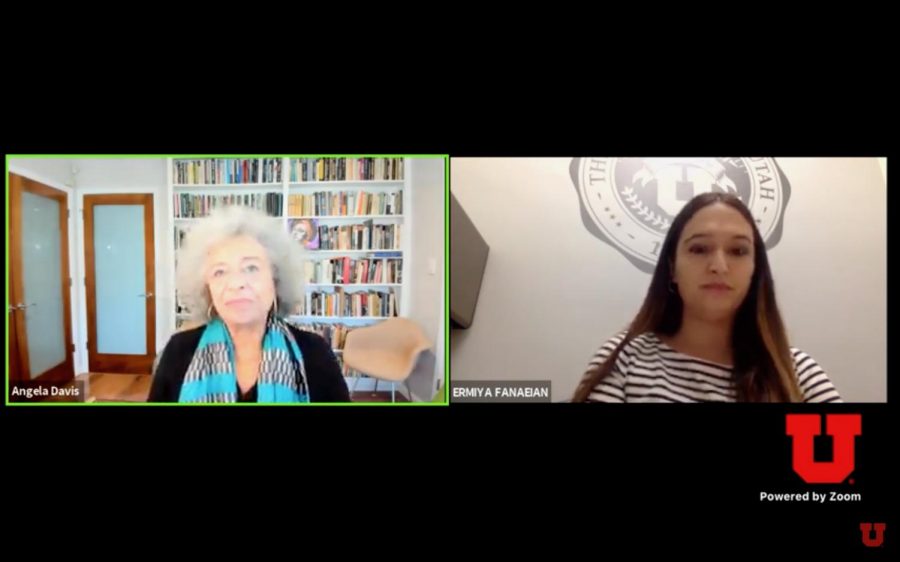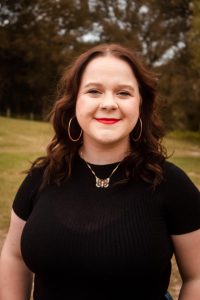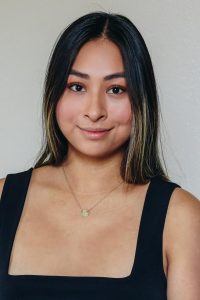CODE Conference Hosts Revolutionary Activist Angela Davis
Angela Davis and Ermiya Fanaeian on Feb. 25, 2021 for the ASUU CODE conference. (Photo by Jack Gambassi | The Daily Utah Chronicle)
February 25, 2021
On Feb. 25, around 270 people waited online for keynote speaker, Dr. Angela Davis, to join the University of Utah’s Conference of Diverse Excellence. This year’s theme was “transformative voices.”
Dr. Angela Davis is a civil rights activist, educator and author. She’s known for her activism in civil rights, prison reform and the women’s liberation movement.
The conference moved online this year to accommodate health safety guidelines and measures and was broadcasted via the U’s Youtube.
Davis was joined by the ASUU diversity board director, Ermiya Fanaeian. Fanaeian began the conversation by asking about Davis’s activism.
She spoke about her experiences growing up in segregated Birmingham, Alabama. Davis said her mother was an activist, but she didn’t realize she had been following in her footsteps for a long time.
She said she didn’t think what she was doing was activism. She was just doing the work that needed to be done.
“Resistance was a necessity, our sense of ourselves was dependent on collective action,” Davis said.
Davis went on to explain her experience with UCLA after being fired for her ties to the communist party.
She said that never in her wildest dreams did she think that people would know her name outside of her community, but she argues it came out of the movement to free her.
Davis had spent 18 months in jail for her involvement in the escape attempt of George Jackson, an imprisoned Black activist. Her trial drew international attention due to its political nature.
“I didn’t begin to do the work because I thought that I would get credit for it,” Davis said. “Of course, I never, never in my wildest dreams that I imagined that my name would be known, you know, outside of my communities”
Known for her work in the women’s liberation movement, Fanaeian pointed out Davis is seen as a historic feminist icon. Davis said, at the beginning of her career she didn’t identify herself as a feminist.
“I saw that feminism as being white, and bourgeois middle class and irrelevant to the needs of the people with whom I identify [with],” Davis said.
Her perception of feminism changed when she began reading the works of other women of color. She spoke about how intersectionality has changed the form of feminism. Davis said she isn’t interested in glass ceiling feminism, but rather in feminism that is anti-racist, anti-capitalism and intersectional.
She went on to explain she’s interested in Black trans, Latinx women who are commonly at the bottom of the hierarchy and don’t get the recognition they need.
Fanaeian shared her own experience as a trans woman, and how far feminism has come in becoming more intersectional in recent years.
“As a trans woman myself, you know I understand these kinds of exclusionary ways of the feminist movement,” Fanaeian said.
That’s where Davis said the focus of action should be. Throughout her talk, she spoke about collective activism. She emphasized that she didn’t want her legacy to be based on herself as an individual but rather seen as a collective legacy.
“I want people to remember that it is possible to accomplish the unimaginable. If we come together. If we build communities of struggle. If we resist, in a collective way, that would be the best legacy I could possibly desire,” Davis said.
She went on to talk about policing reform and drew upon her experiences while in jail. Davis spoke about how capitalism affects systemic power dynamics.
During the conversation, Fanaeian also fielded questions from viewers of the Youtube Live. The questions’ topics ranged from Davis’s time on trial and when she was in prison, how to combat reactionary propaganda, creating a more unified movement among leftist and social justice groups and how to reach across the aisle without compromising values.
“We have to continue the work,” Davis said. “It not only happens in formal settings, it happens around the dinner table, it happens at the workplace, it happens in informal conversation; this is how we combat the hegemonic ideas.”
Davis also expressed her surprise at the progress achieved. She said she did not think abolition would come into its own till decades after she died.
“When abolition began to enter the mainstream discourse, it was certainly a shock, and I am so thankful that I am able to witness the amazing activism among younger people,” Davis said. “Even when it appears as if you continue to do the work and nothing changes, if you persist, the fruits of your labor will become visible, eventually.”
When discussing reaching across the aisle, Davis said she was not sure there are people on the Republican and Democratic side who would be willing or receptive to working together. She emphasized the importance of organizing in white communities to combat white supremacy and racism.
“I don’t know that the work is going to happen in Congress, I think the work has to be done in the communities and in the streets,” Davis said.
Davis concluded the conversation by encouraging people to place focus on grassroots work.
“People can engage in activism in all kinds of ways, not simply the traditional notion of what counts as activism,” Davis said. “People should ask themselves what kinds of talents… do they have to offer to this larger effort to create the conditions of possibility for a new world.”
The entire conversation is available on the U’s Youtube page.










